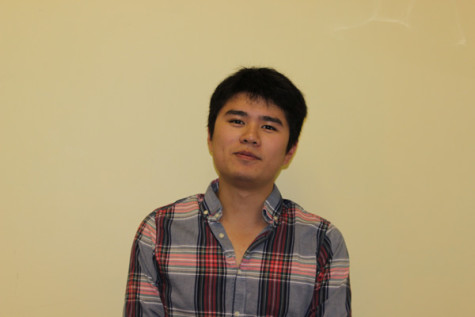A new rule was set in motion beginning this school year requiring some incoming Humanities students to complete foreign language requirement by taking actual foreign language courses.
Prior to the new rule, Humanities students were allowed to fulfill language requirements by opting to take literature-in-translation courses – classes which studied foreign classics in English.
Although the rule applies to only Humanities students, with the exceptions of Communication major students, we think it is a good start to something farther down the road.
The placement of this new rule was instigated by the Foreign Language Department’s lack of student enrollment; in other words, a strategy to save UPJ’s ability to provide instruction in languages other than English.
This, however, led to an optimism that we felt was genuine to help students.
A two-semester program studying any language is not intended to lead to fluency, but would expose students and could spark his or her interest toward a deeper learning of a second-language.
University officials have prompted and spoken often about broadening students’ world views, assisting them in becoming more competitive with students around the world, all starting from within the walls of Krebs, Biddle and Blackington.
Being able to speak English is no longer an advantage, like it was decades ago when the language was not taught as a standard in many countries. English language knowledge now merely gets a student here to a level many others are achieving. To go beyond, a second language is needed. Many high school and college administrators have realized and followed through with the trend, making learning a second language mandatory.
According to USA Today, the number of international students enrolled in higher education institutions in America during the 2010-2011 school year reached a record 764,495, while only 14 percent (273, 996) of U.S. students had studied abroad by the time they had been graduated.
Many considered this troubling, as more future leaders from abroad arrived and learned our ways, while the number of our own students who studied abroad rose minimally or stayed the same annually.
The Pitt-Johnstown faculty senate’s action last semester to save the language department might have seemed small, but it certainly triggered a greater consciousness of both awareness and fear.
That we applaud.

